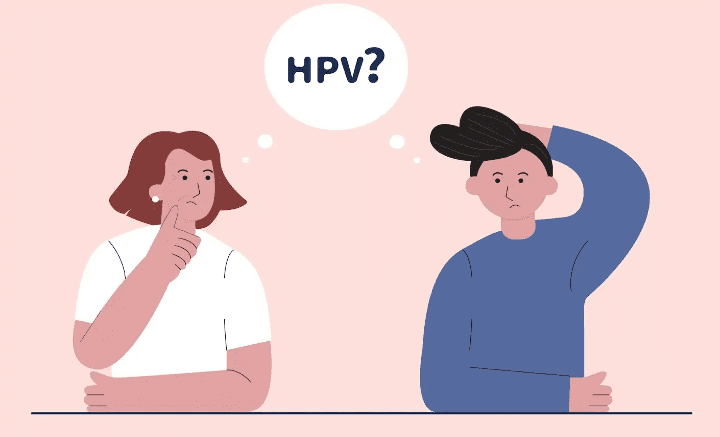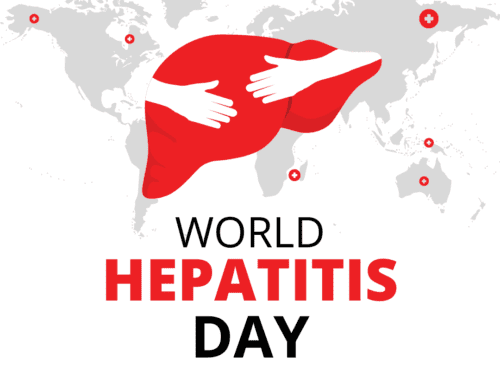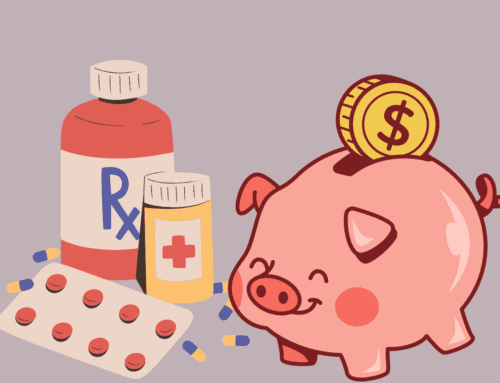Human Papilomaviurs, or HPV, is the most common sexually transmitted infection (STI) in the United States.
70- 80% of women will get at least one type of HPV at some point in their lifetime. HPV can cause cervical cancer.
The following questions and answers address what you need to know about HPV and screening for cervical cancer:

What is human papillomavirus (HPV)?
HPV is a group of viruses that can be passed through sexual contact. The types that infect the genital area are called genital HPV.
Who gets HPV?
Genital HPV is the most common STI in the United States. It is so common that 70-80% of women will get at least one type of HPV at some point in their lifetime.
What are the symptoms of HPV?
Most people with HPV do not have any symptoms which is why women need regular Pap tests starting at age 21. The Pap test can find changes on the cervix caused by HPV. If you are a woman between ages 30 and 65, you can also do a DNA test for HPV strains of the virus that cause cervical changes.
HPV infections can sometimes cause genital warts. Genital warts usually appear as a small bump or group of bumps in the genital area and physicians can usually diagnose warts by looking at the genital area.
What health problems can HPV cause?
HPV usually goes away on its own and does not cause any health problems. But when HPV does not go away, it can cause health problems including: cervical cancer and genital warts most commonly.
Do I need to get tested for HPV?
- If you are 21 to 29 years old, your doctor might suggest the HPV test if you have had an unclear Pap test result. Most women younger than 30 do not need the HPV test, because the immune system fights off HPV in the vast majority.
- If you are 30 years or older, you may choose to have the HPV test and Pap test to screen for cervical cancer. If both tests are normal, the chance of getting cervical cancer in the next few years is very low and often you can wait up to five years for your next HPV screening.
How can I prevent HPV?
There are two ways to prevent HPV. One way is get an HPV vaccine. The other way to prevent HPV or any STI is to avoid sexual contact with another person.
If you do have sex, lower your risk of getting an STI with the following steps:
- Use condoms. Condoms are the best way to prevent STIs when you have sex.
- Limit your number of sex partners. Your risk of getting STIs goes up with the number
of partners you have.
If I get the HPV vaccine, do I still need to use a condom?
Yes. The vaccine does not replace or decrease the need to wear condoms. Using condoms lowers your risk of getting other types of HPV and other STIs.
Do I still need a Pap test if I got the HPV vaccine?
Yes. There are three reasons why:
- Although the HPV vaccine protects against many of the HPV types that cause cervical cancer, it does not prevent all HPV types that cause cervical cancer.
- You might not be fully protected if you did not get all the vaccine doses (or at the recommended ages).
- You might not fully benefit from the vaccine if you were vaccinated after getting one or more types of HPV before vaccination.





